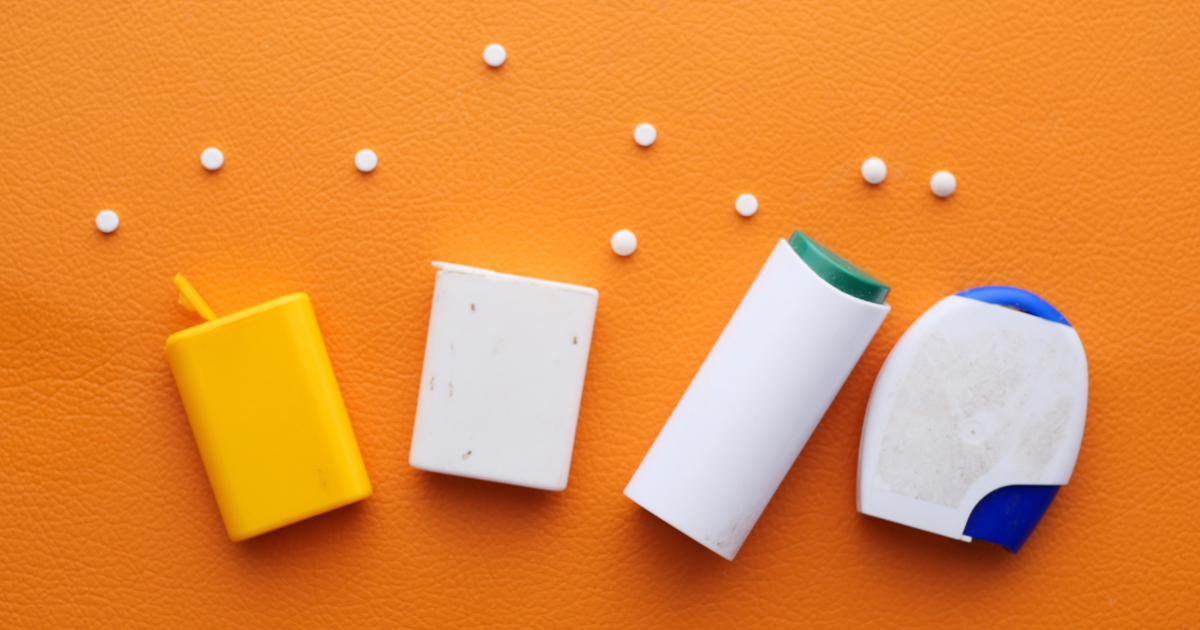Are Artificial Sweeteners Good for Kidney Health?

Artificial sweeteners are widely used in modern diets, especially by individuals aiming to reduce their sugar intake for weight management or health reasons. Commonly found in diet sodas, sugar-free snacks, and low-calorie desserts, these substitutes offer sweetness without the calories of regular sugar. However, their potential impact on kidney health has become a topic of interest, with ongoing research exploring their long-term effects on kidney function.
What Are Artificial Sweeteners?
Artificial sweeteners are sugar substitutes that provide sweetness without the calories of regular sugar. Examples include aspartame, sucralose, saccharin, and acesulfame potassium. These sweeteners are much sweeter than sugar, so only a small amount is required to achieve the desired flavour. They are popular among individuals managing diabetes, obesity, or other health conditions that require reduced sugar intake.
What Do Artificial Sweeteners Do to Your Kidneys?
The U.S. Food and Drug Administration (FDA) has approved several artificial sweeteners, including for people with chronic kidney issues. These sweeteners are considered safe within recommended limits, but moderation is essential, especially for those with specific health concerns.
Some studies suggest that regular consumption of artificial sweeteners, particularly in diet sodas, may be linked to a decline in kidney function over time, possibly due to effects on the kidney's filtration ability. However, other research has found no consistent connection, and the evidence remains inconclusive.
While the long-term effects on kidney health are still being studied, artificial sweeteners are often recommended as a sugar alternative because they do not impact blood sugar levels or add to potassium, phosphorus, or sodium loads. Nevertheless, moderation is key, as excessive use could still carry potential risks.
Natural Alternatives to Artificial Sweeteners
For those aiming to cut back on sugar and artificial sweeteners, natural alternatives offer a popular way to enjoy sweetness while aligning with a more health-conscious lifestyle. Some well-loved options include:
- Honey or Maple Syrup: Often favoured for their rich, natural flavours, these sweeteners are commonly used in baking, beverages, or as toppings. While natural, they still contain sugar and should be enjoyed in moderation, especially by individuals with specific health concerns.
- Monk Fruit Sweetener: A calorie-free option derived from monk fruit, it has become a trendy choice for those seeking a natural sugar substitute. It doesn’t raise blood sugar levels and works well in beverages and desserts.
- Stevia: Extracted from the stevia plant, this widely used, zero-calorie alternative offers a strong, natural sweetness. Its versatility makes it ideal for sweetening everything from coffee and tea to baked goods.
- *所有研究及臨床數據應作為參考用途,實際效果因個人體質而異。




